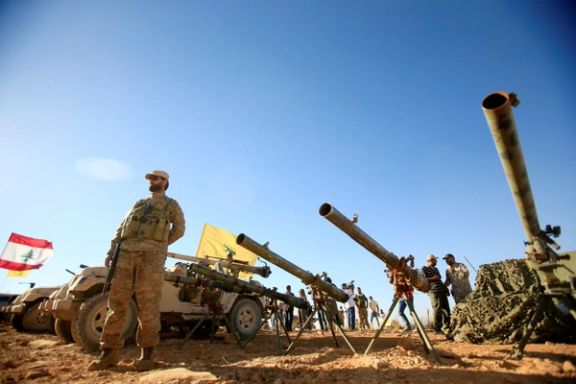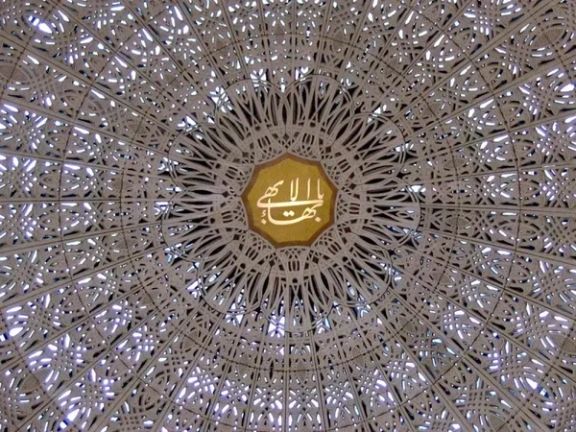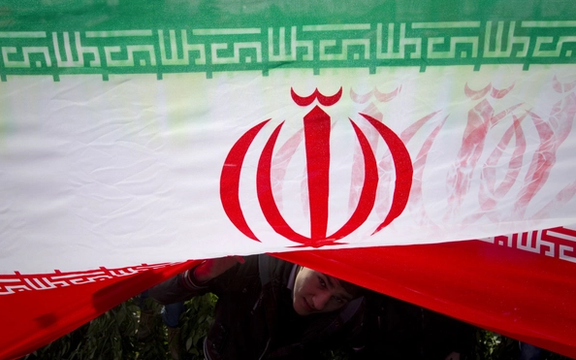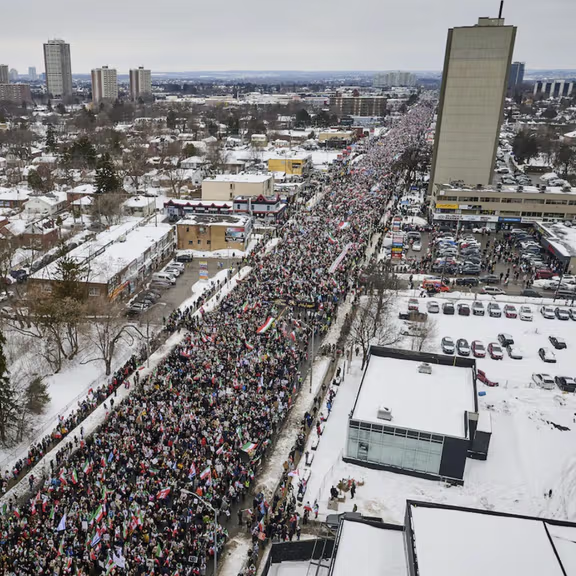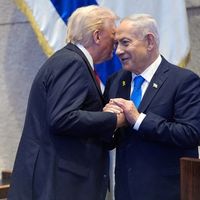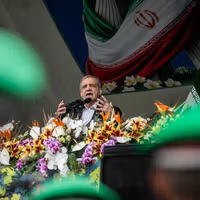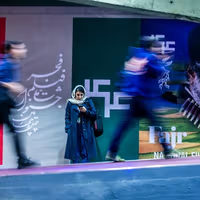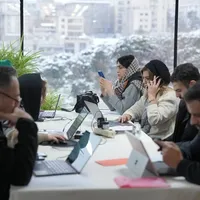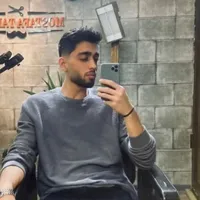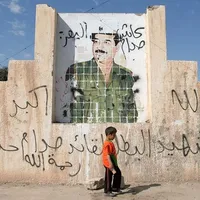Speaking in the eastern city of Baalbek at a Shi’ite religious gathering marking the Arbaeen, Qassem said “the resistance will not hand over its weapons” and pledged to fight a “Karbala-like battle” if necessary.
The Battle of Karbala, the most iconic event in Shia Islam, was fought in 680 between Imam Hussein, grandson of the Prophet Muhammad, and the forces of Umayyad Caliph Yazid I; Qassem likened Iran’s Supreme Leader to the “Hussein of our time” and named Israel and the United States as the “Yazid of our time.”
Qassem described the group’s arms as central to Lebanon’s “honor, dignity, patriotism, and sovereignty,” and credited the Islamic Republic for its ongoing financial, military, and political support.
Threatening US embassy in Beirut
Qassem also warned the Lebanese government against any moves to confront Hezbollah, saying such action would leave “no life” in the country.
He said Hezbollah and its Shi’ite ally, the Amal movement, had decided to postpone street demonstrations against a US-supported disarmament plan, citing a remaining window for dialogue with authorities.
However, he cautioned that any future protests could extend to the vicinity of the US Embassy in Beirut.
The US submitted a plan through President Donald Trump's envoy to the region, Tom Barrack, setting out the most detailed steps yet for disarming Hezbollah, which has rejected mounting calls to disarm since its devastating war with Israel last year.
Lebanon’s justice minister said on Friday that the government was already working on a plan to collect Hezbollah’s weapons before the US proposal, as part of efforts to strengthen state authority and keep arms solely in the hands of official forces.
"The threat by some to destroy Lebanon in defense of their weapons puts an end to the claim that the weapons are for defending Lebanon," Adel Nassar wrote on X.
The Lebanese cabinet’s August 5 order to disarm Hezbollah during conflict drew sharp criticism from Tehran.
Senior Iranian official Ali-Akbar Velayati called the decision “a dream that won’t come true,” labeling it an Israeli- and US-driven policy. Lebanon’s foreign ministry condemned those remarks as “unacceptable interference” in domestic affairs.
Qassem’s remarks came after Iran’s Supreme National Security Council Secretary Ali Larijani visited Lebanon, meeting Qassem, President Joseph Aoun, Parliament Speaker Nabih Berri, and other officials.
Aoun told Larijani on Wednesday that no group should bear arms outside the authority of the state or rely on foreign backing, while affirming openness to cooperation “within national sovereignty and mutual respect.”
Larijani responded by voicing respect for Lebanon’s government decisions but also urged Beirut to “appreciate the value of the resistance,” calling Israel the country’s true enemy.
He denied that Iran interferes in Lebanon’s affairs and pledged continued political and reconstruction support.
Founded in 1982 by Iran’s Islamic Revolutionary Guards Corps, Hezbollah has grown into Lebanon’s most powerful military force, surpassing the national army in capabilities. The group has fought multiple wars with Israel and has rejected any initiatives to dismantle its military wing.
“The aggression continues,” Qassem said, “and we will confront it as we have always done — with our weapons in hand.”
